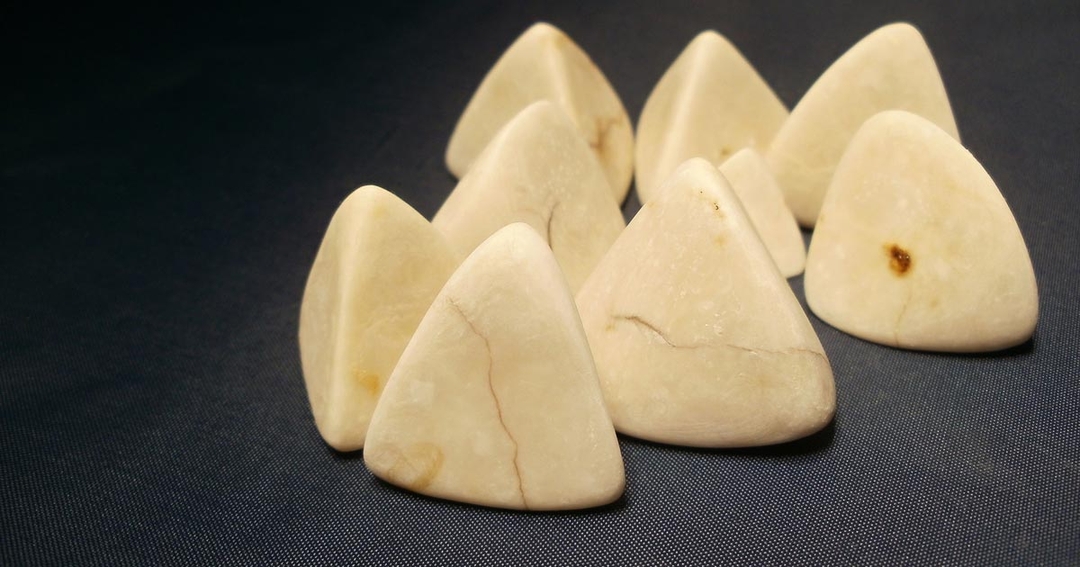6 Jul 2016
Royal Canin has launched a urinary stones analysis service to help UK veterinary practices offer a more tailored nutritional approach for urinary patients.

Large urinary stones produced by a dog. Image: dalajlama/fotolia.
Royal Canin has launched a urinary stones analysis service available to veterinary practices across the UK.
The service, which is free for practices using more than £250 of Royal Canin urinary diets per year, guarantees a full analysis and dietary recommendation in 10 days.

Enlisting the support of an independent laboratory, a full infrared spectroscopy analysis means the full quantitative and qualitative composition of the stone will be given. In appreciating the mineral-type in all layers, the best dietary recommendation can be made, according to the organisation.
Royal Canin veterinary scientific support manager, Lee Danks, said: “Managing cat and dog urolithiasis can be challenging. This valuable service will improve practices’ diagnostic capacity, enabling a better understanding of a patient’s condition and a much more individualised approach to treatment and long-term prevention.”
As described in a webinar from Royal Canin1, many complex and interacting contributors to urinary stone formation exist. Dietary modifications can influence urine pH, the concentration of minerals within the urine and most critically, urine turnover through the bladder2.
The many interactions between promoters and inhibitors of urolithiasis highlight just how critical a tailored nutritional approach can be to the long-term health of urinary patients.
For more information, please contact your veterinary business manager.